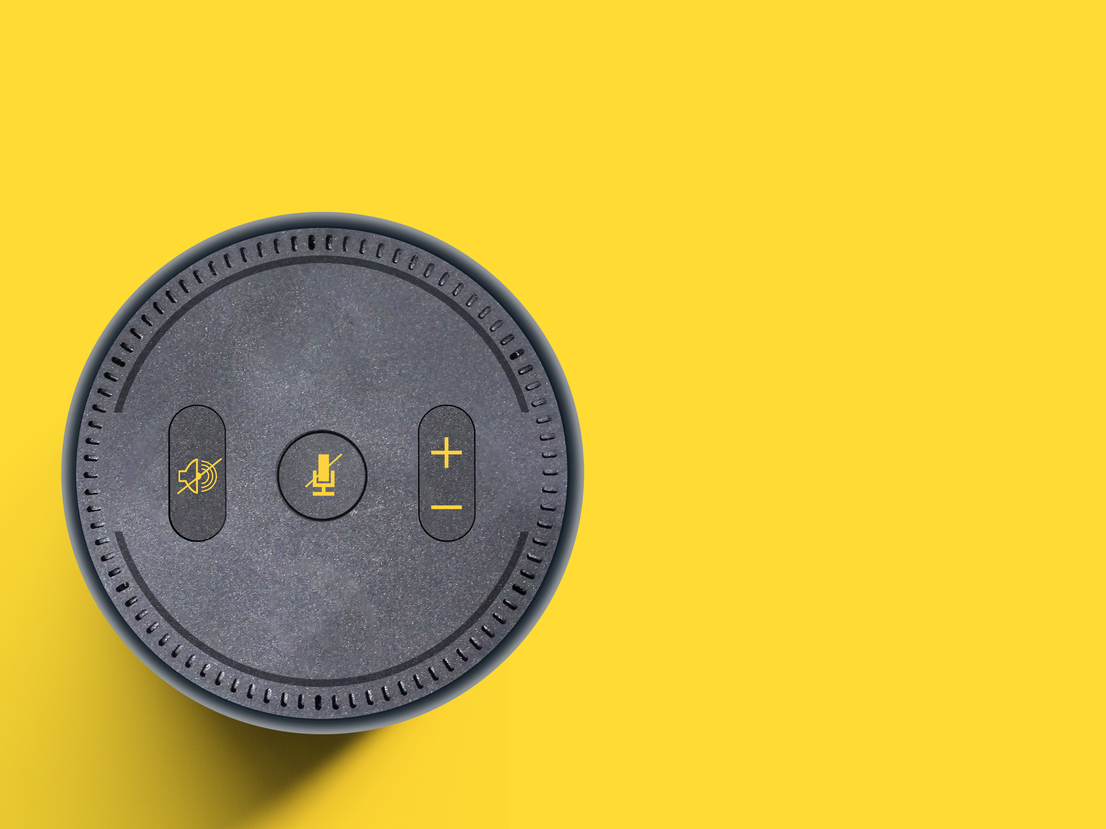Popularity of Voice Assistants in Modern Homes
5 years ago, having a voice assistant in the home was considered unusual or at least, limited to smart phone technology such as Siri. Today, with the growing number of dedicated voice assistant technologies being released at affordable prices, it is easier than ever for the modern consumer to purchase a basic voice assistant.
Voice assistance technology is not limited to inside the home, either. It is now becoming common for mobile devices, such as smart phones and tablets, to carry basic assistant technology that can do everything from manage calendars to call and text contacts to schedule meetings and much, much more. So much so that Amazon has launched Alexa for business.
Voice assistance technology inside automobiles also continues to grow and develop exponentially. In many cases, consumers prefer to use their smart phones or smart devices to integrate voice technology with their cars, but some companies are producing standalone voice technology in order to corner the market.
What Voice Assistants Can Do For Consumers Now
The continued proliferation of voice assistants can be boiled down to a simple fact: they make some function of life easier.
For instance, voice assistants in the home managing a household easier and less stressful as a whole. Voice assistants can help homeowners manage grocery lists and keep stock of what they have or need to buy for their home; it can set reminders for cleaning and maintenance; it can arrange for services such as laundry, cleaning or home repairs; it can even play music, turn off lights and other electronics, and set reminders for daily tasks (such as children brushing their teeth) that take some of the everyday burden from parent’s minds.
Voice assistants in other capacities perform a variety of essential functions as well. In the business sector, voice assistants are becoming a way to keep a digital log of business details and information that makes accessing meeting schedules, contact information and other important information as easy as saying a few words.
I even deployed a basic Alexa Skill for my book, see the video here: Meta Leadership Alexa Skill
Voice assistants have the capacity to collapse workflows similar to web technologies but without the clicks. The compounding of executable tasks can no longer be ignored by businesses of any size as those pushing this technology (Amazon, Apple and Google) will soon make this an expectation and woe to you who fails the consumer in these engagements!
The Future of Voice Assistant Functions
There is no doubt that voice assistance related technology is only going to increase in the coming years. As more consumers integrate smart technology into their everyday lives, new and more intricate assistance technology will be developed in order to meet the needs of the growing demand. Consumers can expect plenty of voice assistance offerings to come in the next decade that will cover functions in their homes, in their cars, and even their place of work.
Michael Stattelman
5 years ago, having a voice assistant in the home was considered unusual or at least, limited to smart phone technology such as Siri. Today, with the growing number of dedicated voice assistant technologies being released at affordable prices, it is easier than ever for the modern consumer to purchase a basic voice assistant.
Voice assistance technology is not limited to inside the home, either. It is now becoming common for mobile devices, such as smart phones and tablets, to carry basic assistant technology that can do everything from manage calendars to call and text contacts to schedule meetings and much, much more. So much so that Amazon has launched Alexa for business.
Voice assistance technology inside automobiles also continues to grow and develop exponentially. In many cases, consumers prefer to use their smart phones or smart devices to integrate voice technology with their cars, but some companies are producing standalone voice technology in order to corner the market.
What Voice Assistants Can Do For Consumers Now
The continued proliferation of voice assistants can be boiled down to a simple fact: they make some function of life easier.
For instance, voice assistants in the home managing a household easier and less stressful as a whole. Voice assistants can help homeowners manage grocery lists and keep stock of what they have or need to buy for their home; it can set reminders for cleaning and maintenance; it can arrange for services such as laundry, cleaning or home repairs; it can even play music, turn off lights and other electronics, and set reminders for daily tasks (such as children brushing their teeth) that take some of the everyday burden from parent’s minds.
Voice assistants in other capacities perform a variety of essential functions as well. In the business sector, voice assistants are becoming a way to keep a digital log of business details and information that makes accessing meeting schedules, contact information and other important information as easy as saying a few words.
I even deployed a basic Alexa Skill for my book, see the video here: Meta Leadership Alexa Skill
Voice assistants have the capacity to collapse workflows similar to web technologies but without the clicks. The compounding of executable tasks can no longer be ignored by businesses of any size as those pushing this technology (Amazon, Apple and Google) will soon make this an expectation and woe to you who fails the consumer in these engagements!
The Future of Voice Assistant Functions
There is no doubt that voice assistance related technology is only going to increase in the coming years. As more consumers integrate smart technology into their everyday lives, new and more intricate assistance technology will be developed in order to meet the needs of the growing demand. Consumers can expect plenty of voice assistance offerings to come in the next decade that will cover functions in their homes, in their cars, and even their place of work.
Michael Stattelman



















